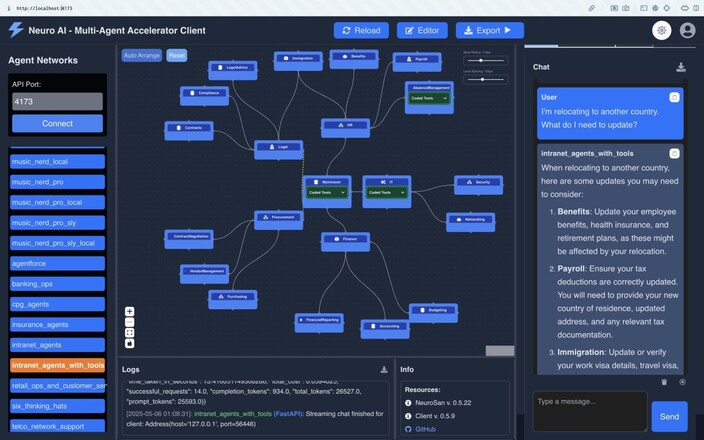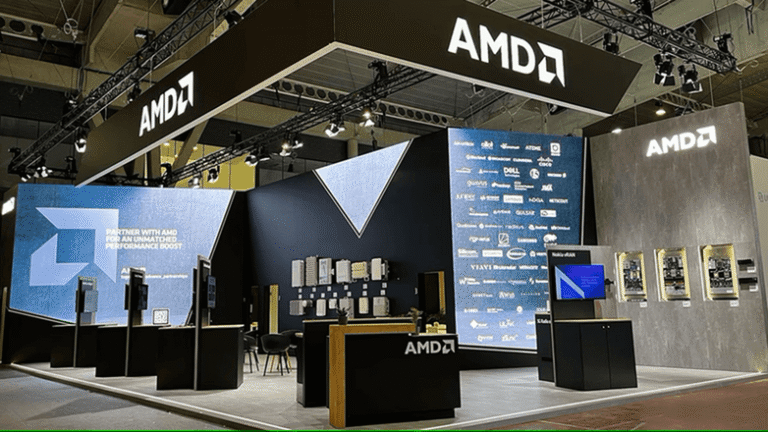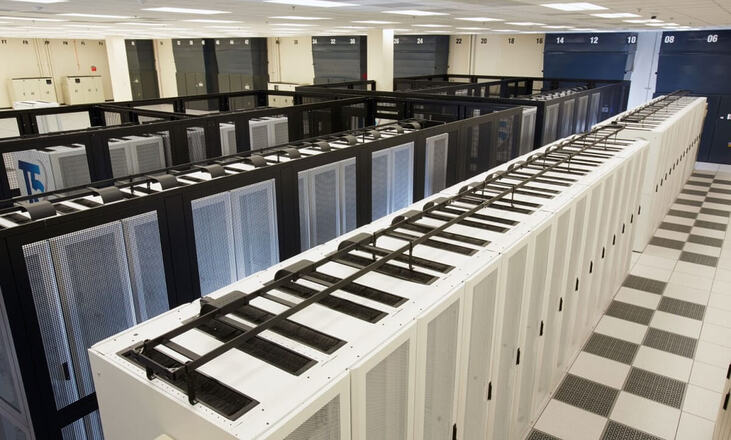Vantage Data Centers has announced a $2 billion investment to build a 192-megawatt hyperscale data center campus in Fredericksburg, Virginia. The development, known as VA4, marks the company’s fourth campus in the Commonwealth and expands its total Virginia capacity to 782MW – a combined investment now nearing $8 billion across the state.
Situated in Stafford County, roughly an hour south of Vantage’s existing campuses in Loudoun County’s Data Center Alley, the new VA4 site will span 82 acres and feature three data centers totaling nearly 929,000 square feet. The project reflects the growing trend of hyperscale operators moving beyond Northern Virginia’s dense, power-constrained corridors to nearby regions offering both land availability and robust connectivity.
“Virginia has been a cornerstone of Vantage’s North American growth since 2017,” said Dana Adams, President of North America at Vantage Data Centers. “The Fredericksburg region gives us a unique opportunity to serve customers who want the capacity and performance of Data Center Alley – without the constraints of operating within it.”
Sustainability and Cooling Efficiency
Built under Vantage’s “sustainable by design” framework, VA4 will target LEED Silver certification and feature advanced liquid-to-liquid cooling systems using CDU-based (Coolant Distribution Unit) technology capable of handling 100% of IT workloads. This approach replaces traditional air-cooling systems with direct liquid cooling at the rack level, significantly improving energy efficiency while minimizing water consumption through a closed-loop chilled water system.
As data centers worldwide confront increasing scrutiny over their energy and water use, Vantage’s strategy underscores a broader industry shift toward liquid cooling as AI and high-performance computing workloads drive new density and heat-management challenges.
Economic and Workforce Impact
 “Virginia has been a cornerstone of Vantage’s North American growth since 2017,” said Dana Adams, President of North America at Vantage Data Centers.According to local officials, the Fredericksburg project is poised to have a major economic impact on the region. Construction of VA4 is expected to generate around 1,100 jobs, with at least 50 permanent positions once operational. The company also plans to collaborate with local schools, contractors, and workforce development programs to prepare residents for long-term careers in skilled trades and data center operations.
“Virginia has been a cornerstone of Vantage’s North American growth since 2017,” said Dana Adams, President of North America at Vantage Data Centers.According to local officials, the Fredericksburg project is poised to have a major economic impact on the region. Construction of VA4 is expected to generate around 1,100 jobs, with at least 50 permanent positions once operational. The company also plans to collaborate with local schools, contractors, and workforce development programs to prepare residents for long-term careers in skilled trades and data center operations.
“Vantage Data Centers will create hundreds of jobs and help establish Stafford as a growing technology hub across the Commonwealth,” said Darrell English, Hartwood District Supervisor, Stafford County Board. “This project strengthens our economy while powering the technologies businesses and communities increasingly depend on.”
The groundbreaking ceremony, held earlier this week, featured Luis Lopez Stipes, Deputy Secretary of Commerce and Trade for Virginia, and local representatives including Meg Bohmke, Falmouth Supervisor, and Don Slaiman from IBEW Local 26, highlighting the partnership between public and private stakeholders in bringing digital infrastructure investment to the region.
With the first of three data center buildings slated to open by late 2027, Vantage’s Fredericksburg expansion reinforces Virginia’s continued dominance in North American data infrastructure while signaling a shift toward regional diversification, sustainability, and liquid-cooled hyperscale design.
Executive Insights FAQ: Liquid-to-Liquid Cooling and CDU Technology
What is liquid-to-liquid cooling, and how does it differ from traditional methods?
Liquid-to-liquid cooling uses a closed system where coolant absorbs heat directly from IT equipment and transfers it to a secondary liquid loop for heat rejection. Unlike air cooling, it eliminates fans and minimizes energy waste, allowing much higher rack densities.
What role does a CDU (Coolant Distribution Unit) play in this system?
The CDU acts as an intermediary between the facility’s chilled water loop and the server cooling circuits, ensuring precise temperature regulation, leak detection, and pressure balancing for efficient, safe operation.
Why is this technology important for AI and high-density workloads?
AI clusters and GPU-based systems generate significantly more heat per rack than traditional servers. CDU-based liquid cooling supports full utilization of compute resources without thermal throttling, maximizing performance.
How does liquid-to-liquid cooling support sustainability goals?
By operating as a closed-loop system, it reduces or eliminates evaporative water loss and lowers total energy use – helping operators achieve aggressive PUE (Power Usage Effectiveness) and WUE (Water Usage Effectiveness) targets.
Can CDU-based systems handle 100% of IT workloads reliably?
Yes. Modern CDU configurations are engineered for redundancy and continuous operation, capable of cooling entire IT loads – including AI and HPC clusters – while maintaining uptime and thermal stability at hyperscale.





